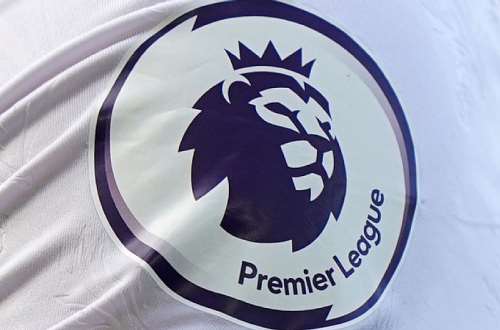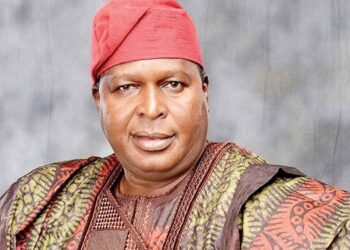The top Premier League clubs will meet to get detailed updates on the very important aspects of their participation in the league, the area of marketing, centred around new broadcasting rights plan, increased financial handouts to English Football League clubs and how to tackle the looming changes to the fixture calendar when they meet in London.
The league has already negotiated some six-year overseas TV deals, including with key US broadcaster NBC, who are paying around £2bn to screen matches until 2028.
But domestic deals with Sky Sports, TNT and Amazon Prime run out in 2025.
The Premier League is looking at ways to maximise those contracts, which are currently worth in excess of £5bn and were rolled over from the end of 2022 following the impact of the Covid pandemic.
One way of generating more revenue would be to increase the number of live matches, possibly by as many as 50, which would mean making more slots available than presently exist.
Premier League chief executive Richard Masters has already said there are no plans to show matches at 3pm on a Saturday, the timeslot currently subject to a TV blackout in the UK, which means the league must assess alternatives.
It is currently rare that both the Friday and Monday night match slots are occupied during the same weekend, which could change.
In addition, Saturday and Sunday late evening matches are currently used sparingly, but could become more common.
Burnley’s home game with Manchester United on Saturday has an 8pm kick-off due to an agreement with TNT that clubs involved in European away games on the previous Wednesday will not be asked to play in its normal slot at 12:30 on a Saturday, following strenuous complaints from managers.
Serie A routinely schedules two matches on Friday and Monday evenings, the first of which has a 17:30 kick-off.
None of these options could be described as fan friendly, though, and are bound to attract opposition.
It is thought an agreement has been reached between the Premier League and EFL over a £130m distribution package, which was demanded by the Government.
However, there has been tension over how the money should be allocated, with some EFL clubs resistant to a Premier League demand for it to be linked to performance as they feel it benefits relegated clubs, who already receive parachute payments to help them adjust to lower revenues.
A key meeting was held on Wednesday involving officials from the Premier League and EFL, plus club representatives from the top flight and the Championship, in an effort to find a solution.
Within these talks, the thorny issue of the calendar is also being discussed.
Next season, the expanded Champions League will take even more midweek dates out of the calendar.
It is expected the EFL Cup will survive but with the demands on top clubs increasing, it is not entirely clear how the balance will be achieved.
One idea is to allow European clubs to join the competition even later than the present third round, while another would see them being allowed to field under-21 sides.
It is not thought an agreement around the calendar is close, particularly as the scheduled launch of Fifa’s Club World Cup in 2025 is set to shrink the gap between the end of next season and the start of the 2025-26 campaign to less than a month for some of Europe’s leading clubs.
Chelsea and Manchester City have already qualified for the event, which will be held in the United States in June and July, as they have won the Champions League within the past three seasons.
City boss Pep Guardiola has already argued that the schedule his side is likely to face will make a pre-season programme impossible given players are permitted a mandatory three week break, which the Premier League is committed to maintaining.





